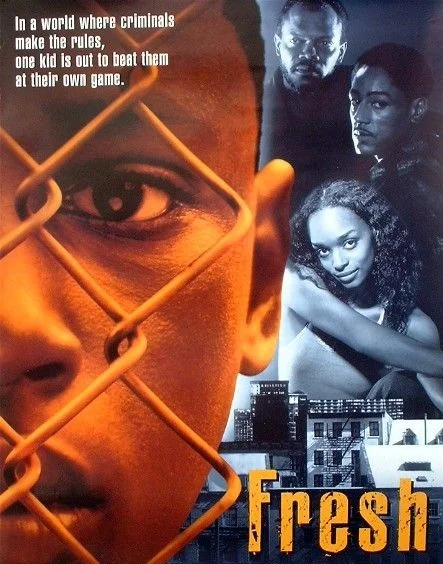After the finale, fans have the true Power
The Starz drama Power’s sixth and final season is complete. Though the show’s popularity appears to be paving the way to a number of spin-offs to keep the story going. We found out who killed Ghost and how it impacted his friends and family. Still there is something that nobody wants to say…
The show wasn’t good, but it caught all of the attention that its thematic predecessor should’ve received. HBO’s The Wire was the heavily black cast premium network show of the 2000’s. In fact, Power’s entire premise was seemingly written with The Wire’s 3rd season in mind. Two of the show’s male leads have different perspectives on how they should continue their drug business. Stringer Bell (Idris Elba) wants to begin investing the money into legitimate businesses while Avon Barksdale (Wood Harris) is far too attached to the ways of the street. That basic disagreement ensures that they will one day clash. Sound familiar? That was most of Power more than 10 years later. What Power added was violence, big names, (too many) sex scenes, and useless romantic relationships to fill time and satiate simpler tastes. They took out the impact on the community, the inner workings of a city, good actors, and the feeling that these fictional problems could one day be your own.
Stringer Bell (left) and Avon Barksdale (right). The Wire’s duo that likely inspired the dynamic between Ghost and Tommy on Power.
What Power did show me is that there is real hunger for black shows on premium networks. In this streaming age, where appointment viewing is all but dead, people rushed to their TV’s every sunday to catch Ghost’s latest run-ins. People complained about the Power plot for much of the last 3 seasons, and the complaints were justified. Ghost was never going to make it out of the game and the characters would never develop in any meaningful ways. The writers were creating plots and scenarios with minimal depth. It happens often on television. Once a show’s novelty wears off, the creators are stuck with an eager audience and no creative direction.
Now, the word is out. The black audience, and those tangent to it, will go out of their way to watch a black show. Maybe now the premium networks will compete to put good ones out. We could experience a black television renaissance like we had with black sitcoms in the 90s. All it takes is for us, the viewers, to invest our viewing time in the very best content. Let’s go.







